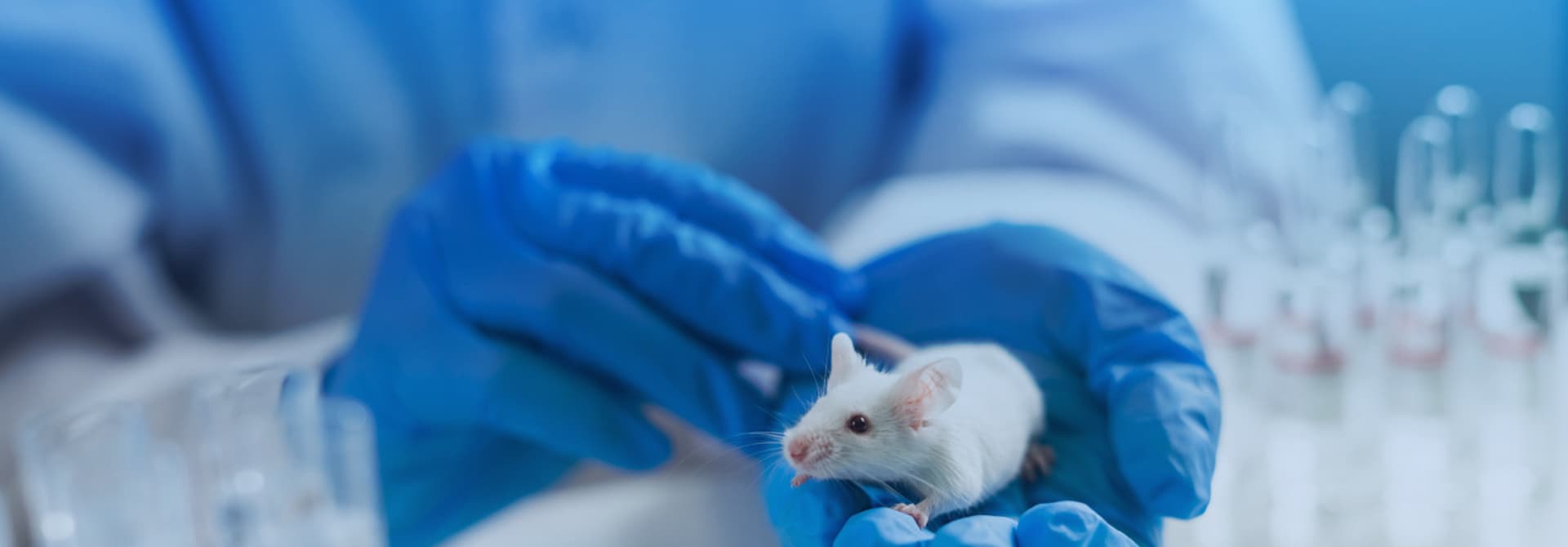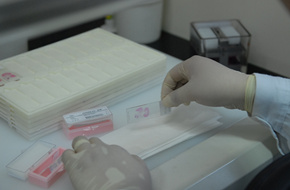
Safety Evaluation

Genetic toxicology research
The genetic toxicology test project is to detect the genotoxic damage caused by exogenous compounds to somatic cells and germ cells, including gene mutation, DNA damage, chromosome structural aberration, chromosome number aberration, etc., through in vivo and in vitro experimental systems, so as to reveal the potential mutagenicity of chemicals. The genetic toxicology research team of Huizhi Taikang has successfully established a technical platform for in vitro gas poisoning with rich technical research and development experience, It fills the technical gap in domestic evaluation of the mutagenicity of gas test materials.
service content
The genetic toxicology test project is to detect the genotoxic damage caused by exogenous compounds to somatic cells and germ cells, including gene mutation, DNA damage, chromosome structural aberration, chromosome number aberration, etc., through in vivo and in vitro experimental systems, so as to reveal the potential mutagenicity of chemicals
| Toxicity test | Test method |
| AMES test | OECD 471, 472 bacterial reverse mutation test OECD 471, 472 bacterial reverse mutation test |
| Chromosome aberration test | OECD 473 In Vitro Mammalian Chromosome Aberration Test OECD 473 In Vitro Mammalian Chromosome Aberration Test OECD 475 Mammalian Bone Marrow Chromosome Aberration Test OECD 475 Mammalian Bone Marrow Chromosome Aberration Test OECD 483 Mammalian Spermatogenic Chromosome Aberration Test |
| micronucleus test | OECD 474 Mammalian Erythrocyte Micronucleus Test OECD 487 In Vitro Mammalian Cell Micronucleus Test OECD 487 |
| Gene mutation test | OECD 476 In Vitro Mammalian Cell Gene Mutation Test OECD 476 In Vitro Mammalian Cell Gene Mutation Test |
| dominant lethal test | OECD 478 Rodent Dominant Lethal Test OECD 478 Genetic Toxicology Rodent Dominant Lethal Test |


